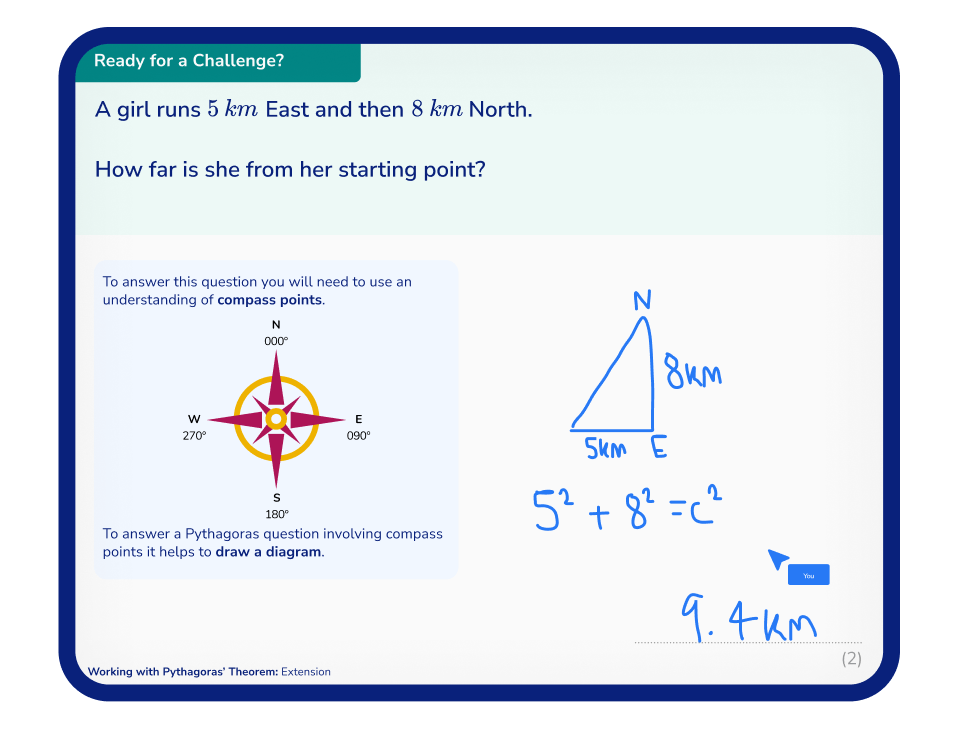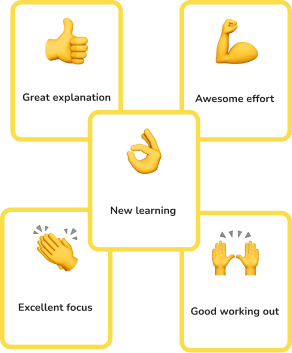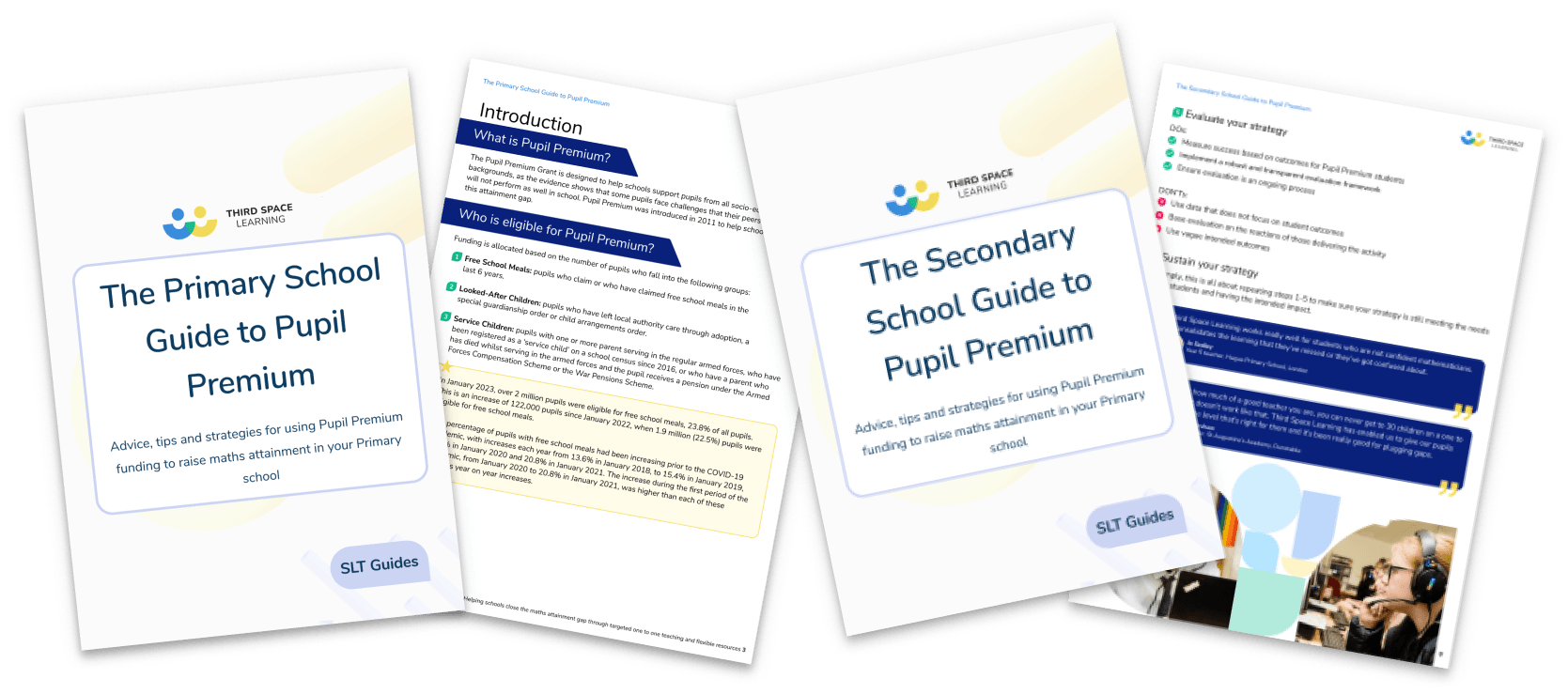What Can Pupil Premium Be Spent On? 10 Effective Pupil Premium Strategies
What can pupil premium be spent on? This is a question that holds far more accountability than for other school funding. The academic attainment of disadvantaged pupils is largely dependent on the allocation of pupil premium funding.
This article aims to bring you the latest research-based recommendations for what pupil premium can be spent on to benefit disadvantaged children in your educational setting.
What is pupil premium funding?
Pupil Premium funding is additional funding the Department of Education (DfE) provide directly to a child’s school. It is intended to help raise the educational outcomes for disadvantaged pupils. The Local Authority Virtual School receive funding for Looked After Children.
Pupil premium eligibility
To receive pupil premium funding, children in England must meet strict criteria.
Eligible children are those who:
- Currently receive free school meals (FSM) or have done within the past 6 years
- Looked After Children or children that have ever been in care, including children who have been adopted
- Children of serving members of the Armed Forces.
Pupil Premium is not a personal budget for each child (unlike EHCPs) and schools do not have to use the funding solely to benefit eligible pupils.
Permitted uses of pupil premium funding include:
- Supporting interventions for other pupils with identified needs, such as those who have a social worker or who act as a carer,
- Whole class interventions that also benefit non-disadvantaged students
Pupil premium spending and Ofsted
What pupil premium is spent on falls under scrutiny by Ofsted. There is a great deal of autonomy for school leaders on how they utilise pupil premium funding. This is why Ofsted look for evidence as part of its ‘Leadership and Management’ evaluation.
School leaders must prove they are using the funding to improve the quality of education for all students. In particular:
- School leaders’ high ambitions for all pupils
- The impact on ‘closing’ the attainment gap between disadvantaged students and their peers each academic year.
- What pupil premium is spent on and the rationale behind this
- Its impact on the learning and progress of disadvantaged pupils
Find more information in paragraphs 313, 326 and 329 of the School Inspection Handbook at gov.uk.
Menu of approaches for pupil premium spending
‘Everything works somewhere; nothing works everywhere’.
Dylan Wiliam
School leaders and headteachers must consider the characteristics of eligible pupils at individual schools. Pupil premium spending strategies should reflect the barriers faced by a cohort’s disadvantaged pupils.
The Education Endowment Foundation (EEF) has published excellent guidance for implementation and academic support. This guidance ensures effective evaluation strategies and a well thought out professional development plan for your colleagues.
Often, too little time in exploring interventions means they fail to make an impact. Exploring what pupil premium can be spent on should include fully understanding the barriers to learning for each cohort of eligible pupil premium pupils.
The Senior Leader’s Guide to Pupil Premium
Use this guide to make informative and concise decisions on pupil premium spending for all the children in your care
Download Free Now!How can you spend pupil premium? 10 pupil premium strategies
While these 10 effective approaches to pupil premium spending are EEF evidence-based, contextualise each strategy to individual cohorts.
When making pupil premium spending decisions, examine the subjects that the evidence base is from (for example many focus on English, maths and science) and the school phase. Evidence for some approaches is based solely on primary schools or secondary schools.
Finally, consider the breadth and depth of the evidence base. Some effective strategies have limited evidence of their impact, Consider these strategies carefully.
1. One-to-one tuition
Cost: Medium
Impact: +5 months
Evidence base: Moderate
One-to-one tutoring continues to be one of the best intervention strategies in schools to help raise pupil attainment.
Social mobility champions, The Sutton Trust, published a report on how schools interact with tuition. This report highlights the pupils receiving tuition disproportionately come from better-off backgrounds. They call for more to be done in school to ‘level the playing field’ for disadvantaged pupils.
A key recommendation for schools is to provide more one-to-one tuition through pupil premium spending, either online tutoring or in person to help close the attainment gap.
Third Space Learning’s one-to-one maths tutoring is an effective pupil premium strategy. With a highly personalised approach, our maths interventions have closed the maths attainment gap for over 150,000 disadvantaged pupils since 2013.
Intending to reach the most disadvantaged pupils, Third Space Learning is the most affordable one-to-one tutoring provider — 56% cheaper than other providers.
As well as pupil premium funding, schools can also use their National Tutoring Programme money to contribute towards the cost of personalised one-to-one online maths tuition for the pupils who need it most.
Every primary school enrolled in one-to-one online maths tutoring receives access to the Third Space maths hub, for free. And secondary schools can access the Third Space Learning resources library.
Headteachers and school staff can access thousands of whole class, small group and intervention maths resources to help close the maths attainment gap across the whole school.

Read more: Best online tutoring websites
2. Metacognition
Cost: Low
Impact: +7 months
Evidence base: Extensive
Self-regulation and metacognition in the classroom encourage pupils to think about their learning more explicitly, often with specific strategies for planning and self-evaluation.
There is extensive evidence to indicate that this is a strategy that offers high impact for low cost.
This strategy divides into three factors:
- Cognition — the mental progress involved in understanding learning
- Metacognition — usually defined as ‘learning to learn’
- Motivation — a pupil’s willingness to engage with metacognitive and cognitive skills
These strategies are effective, especially when taught in small groups so that pupils can support one another and develop their thinking through discussion.
Implementing these strategies is not easy but the impact has the potential to be high, especially for low-achieving and older pupils. A number of reviews found positive impacts, although again their findings are mostly confined to English, mathematics and some science.
Read more: Cognitive Load Theory: A Practical Guide And Tips For Teachers
3. Reading comprehension
Cost: Low
Impact +6 months
Evidence base: Extensive
Reading comprehension is another pupil premium intervention strategy that delivers high impact for low cost across all subjects.
Pupils can better access learning when they can:
- Infer meaning
- Summarise key points
- Understand ways of presenting information
- Question the text
- Monitor their comprehension
Good comprehension is a key skill across all ages. Approaches designed to improve comprehension lead to an additional six months of progress.
Reading comprehension approaches can include:
- Collaborative learning techniques
- Improving phonics
- Using graphic organisers
It’s particularly useful in improving attainment in Key Stages 2 and 3 but requires a coordinated effort across the curriculum.
Evidence for its efficacy comes mostly from the US, but studies in the UK have shown that although the improvements are not as dramatic, they are effective for disadvantaged pupils.
4. Oral Language interventions
Cost: Low
Impact: +6 months
Evidence base: Extensive
Oral language interventions focusing on spoken language and verbal interaction in the classroom are another valuable low-cost pupil premium intervention. These interventions have shown to improve progress by five months.
Oral language strategies include:
- Targeted reading aloud and book discussion with early years pupils
- Deliberate extension of pupils’ spoken vocabulary
- Structured questioning across all subjects
Language interventions are particularly beneficial when used to promote problem solving and text comprehension. Technology may help but only when used as a medium to encourage collaboration and in turn verbalising of ideas among pupils.
Using sentence stems and maths language strategies in class or small group interventions encourages the development of oral language.
While all pupils benefit from oral language interventions, some evidence suggests that it is particularly effective for younger pupils and disadvantaged pupils.
How Third Space Learning Encourages Oral Language
Verbal interaction is one of the most important aspects of Third Space learning’s online one to one maths interventions.
Extensively trained tutors engage pupils in mathematical discussions to help create a collaborative learning environment. In turn, this develops maths fluency and a greater understanding of more complex maths topics.
All lessons follow an ‘I do, we do, you do’ structure whether tutors explain their mathematical thinking before the pupil completes a scaffolded problem followed by independent practice.
5. Feedback
Cost: Low
Impact: +6 months
Evidence base: Extensive
Moderate evidence collected by the EEF suggests that feedback delivers a high impact for very low, if any additional cost.
Simply put, it is information given to the pupil about their performance relative to defined goals or outcomes. It provides direct instruction to the learner to improve their work, deepen their understanding or reach their target grade.
While traditionally given in writing by the teacher, teaching assistant or peers, evidence increasingly suggests whole class feedback can be more effective.
Done well, feedback has a very high range of effects across all age groups. Research-based approaches that give explicit, clear feedback tend to have a positive effect across a whole school.
Evidence for this is substantiated although mostly confined to maths and English.
How Third Space Learning uses feedback in one to one maths interventions
Maths specialist tutors provide pupils with regular, clear and constructive feedback throughout their lessons. Feedback is relevant to learning objectives as well as pupil effort and accuracy.
Tutors provide verbal feedback and use stickers if pupils are explaining their thinking and reasoning.

Schools also receive feedback about pupil progress. After each session, teachers receive a report for each pupil identifying the concepts covered and pupil understanding. Reports help to influence and adapt the learning in class, or help teachers keep track of the intervention impact.
6. Collaborative learning approaches
Cost: Low
Impact: +5 months
Evidence base: Limited
Small group work can be a great way to use pupil premium funding either for academic progress or emotional well-being interventions for disadvantaged pupils.
School staff may work with small groups of pupils, in or out of the classroom, focusing on a misconception or social and emotional area for development shared by all pupils.
Using approaches that encourage talk and interaction between participants is key for successful small group interventions. Tasks need structure to avoid the temptation of some pupils to work on their own.
When used effectively, small group work can improve progress by five months.
While successful for some, collaborative learning may not be appropriate for all pupils, including some with additional or special educational needs.
7. Mastery learning
Cost: Low
Impact: +5 months
Evidence base: Limited
Mastery learning aims to secure and deepen pupils’ understanding of any given topic, meaning the time spent on each topic may vary.
Pupil premium interventions based on this philosophy focus on the topic content broken into units with clear objectives. Pupils move on to the next unit once they have mastered the current learning objective.
Those who struggle to grasp the concept receive additional tuition, peer support or other interventions so that they reach the expected level.
Mastery learning is particularly effective when pupils work together in teams or small groups. However, making it work can be challenging and often requires high-quality teaching for full effectiveness.
How Third Space makes use of the mastery approach in our online interventions
Third Space Learning’s one-to-one tuition follows an approach very similar to mastery learning. Both pre and post-session assessments ensure a pupil truly understands the concept. Third Space Learning tutors adapt the pace and personalise the learning to each individual.
8. Peer tutoring
Cost: Low
Impact: +5 months
Evidence Base: Extensive
Otherwise known as peer mentoring, this intervention strategy involves pupils working in pairs or small groups to provide each other with teaching support. It can involve older learners taking a tutoring role or when learners alternate between the role of tutor and tutee.
Studies suggest that it has a positive effect of about five months’ additional progress with benefits for both tutors and tutees.
Peer tutoring is most effective when pupils are provided with support to make sure the quality of their interaction is high, for instance through training and feedback. Best practice supplements normal teaching, rather than a replacement.
9. Phonics
Cost: Low
Impact: +5 months
Evidence base: Very extensive
Phonics is an approach to teaching pupils reading and some aspects of writing. It is effective in helping younger pupils master the basics of reading. Since 2012, the phonics screening test checks the phonetic understanding of Year 1 pupils.
Embedding good phonics knowledge can lead to an additional four months’ progress at little extra cost to the schools. It’s particularly useful in helping 4 to 7-year-olds (i.e. Key Stage 1)
As a key part of teaching children to read in primary schools, the evidence for phonics is strong with a large number of studies, reviews and meta-analyses. However, phonics reading programmes for older pupils have proved less successful.
10. Homework
Cost: Low
Impact: +5months
Evidence base: Low
Whilst homework can be controversial, especially for younger children, and the tasks set can vary widely.
Homework has a particularly positive impact on secondary age students. A barrier to the successful completion of homework can be a lack of access to an appropriate quiet study space at home or access to technology. Providing homework clubs for students can be beneficial.
Effective homework:
- Related to classroom activities
- Builds clearly on classroom learning
- Is understood by children
- Provides feedback
Online homework can do just this while reducing teacher workload. Research shows that using technology increases the impact by up to 6 months.
Low-Cost but ineffective pupil premium intervention strategies
1. Setting and streaming
Setting or streaming groups students together with similar prior attainment. The curriculum in different sets or streams varies. Setting aims to improve teaching by narrowing the range of curriculum and attainment within individual classes.
On average, across the year group, there is little impact from setting or streaming. Pupils with low-prior attainment often do worse when set with only lower attaining pupils.
Often, pupils are set incorrectly. Educators make setting decisions because of behaviour issues rather than evidence of attainment.
2. School uniform
The correlation between wearing school uniform and academic attainment is limited. Where it does exist, it is extremely weak. Supplying school uniform is unlikely to impact learning but it is generally part of a wider, effective behaviour policy.
If a uniform policy is in place it is important to consider how to support children from low income background.
3. Aspiration interventions
For a long time, it was thought that by raising aspirations, for example aiming for a place at a university, would have a positive impact on attainment.
Evidence for these interventions is weak. Existing evidence suggests that the relationship between aspirations and attainment are complex. Studies have found that many young people do have high aspirations, but lack the knowledge and skills to achieve them. Focusing on this is thought to be more beneficial.
Many schools enforce uniform in the belief that it supports discipline and motivation. However, there is no robust evidence to support this. Sometimes academic performance and behaviour has improved after the introduction of a uniform, but it’s usually just one factor among many.
If you’re a school leader reconsidering how to spend pupil premium funding or looking at how to allocate next year’s funding, keep these intervention ideas in mind as a list of what – and what not – to try.
In England, eligible students are:
Currently receiving Free School Meals or have done within the past 6 years;
Looked After Children or children that have ever been in care, including adopted children and
children of serving members of the Armed Forces
Yes, pupil premium is not a personal budget (unlike EHCPs), and schools do not have to use the funding solely to benefit eligible pupils. It can be spent on:
To support interventions for other pupils with identified needs, such as those who have a social worker or who act as a carer,
For whole class interventions that also benefit non-disadvantaged students
Yes. The effectiveness of your chosen pupil premium interventions, as evidenced through the statutory published pupil premium strategy for your school, forms an integral part of any Ofsted judgement. In particular, leaders’ choices of intervention are a key part of the leadership and management judgement.
Read more:
- Pupil Premium: A Guide For School Leaders
- Ofsted and Pupil Premium: What They Will (And Won’t) Be Looking For
- What Is Pupil Premium Funding 2021?
- How To Maximise The Impact Of Your Pupil Premium Funding
- 45 Best Ways To Spend Your Pupil Premium
- Quality First Teaching: What It Is And How To Make The Most Of It
- Primary School Interventions: What Works At KS1 & KS2
DO YOU HAVE STUDENTS WHO NEED MORE SUPPORT IN MATHS?
Every week Third Space Learning’s maths specialist tutors support thousands of students across hundreds of schools with weekly one to one tuition designed to plug gaps and boost progress.
Since 2013 these personalised one to one lessons have helped over 150,000 primary and secondary students become more confident, able mathematicians.
Learn how the tutoring benefits those in receipt of pupil premium or request a personalised quote for your school to speak to us about your school’s needs and how we can help.





